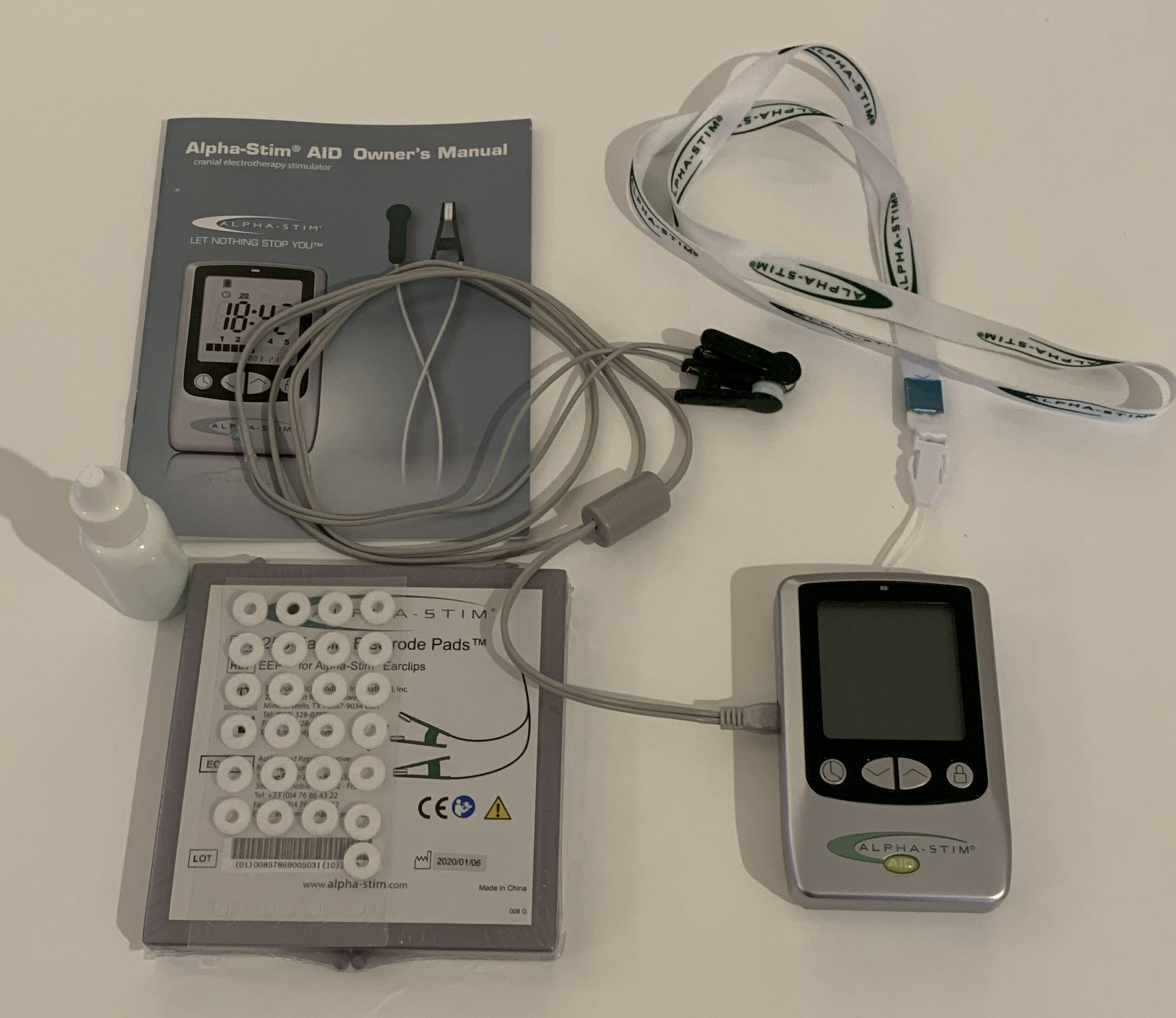The 4-Minute Rule for "The Potential of Cranial Electrical Stimulation in Pain Management"

Cranial Electrical Stimulation (CES) has got level of popularity as an alternate therapy for handling clinical depression and anxiousness. CES includes the application of low-level power currents to the scalp, with the aim of modulating brain task and lessening signs associated along with these psychological health ailments. While some people claim substantial improvements in their mood and total well-being after utilizing CES gadgets, there is actually still a lack of clinical evidence to assist its performance as a standalone procedure for depression and stress and anxiety.

Proponents of CES argue that the power currents delivered by means of the scalp aid manage natural chemical amounts in the human brain, such as serotonin and dopamine, which are recognized to participate in a role in mood rule. They strongly believe that by stimulating details places of the brain, CES can easily rebalance neural activity, leading to lessened indicators of depression and anxiety.
Many research studies have been administered to explore the effectiveness of CES as an substitute therapy for psychological wellness ailments. Nonetheless, lots of of these studies suffer from technical limitations, including small sample sizes and shortage of inactive drug control groups. As a result, it is challenging to attract definitive verdicts about the efficiency of CES based on existing investigation.
One testimonial posted in The Journal of Clinical Psychiatry analyzed 18 randomized controlled tests entailing 1,041 individuals along with anxiety or anxiety conditions who gotten CES therapy. The testimonial located minimal evidence sustaining the use of CES for clinical depression but did not discover ample proof for stress and anxiety conditions. It concluded that additional analysis is needed to create its efficacy.
Yet another study published in Biological Psychiatry reviewed whether CES had any sort of influence on clients with generalized stress problem (GAD). The researchers randomly delegated attendees to obtain either active or sham CES treatment over a six-week time frame. At the end of the research, they found no considerable differences between active and flimflam groups regarding GAD indicator reduction. Additional Info for suggest that CES may not be an effective standalone therapy for GAD.
Despite ambiguous clinical proof, historical documents from individuals who have used CES units for depression and stress and anxiety are blended. Some people assert to have experienced considerable renovations in their symptoms, while others report no detectable effects. This difference highlights the need for further analysis to figure out whether CES can be a reputable treatment option for psychological health and wellness health conditions.
It is significant to take note that CES need to not be taken into consideration a alternative for evidence-based treatments such as psychotherapy and medicine. These conventional method have been substantially analyzed and proven effective in managing depression and anxiousness. Nevertheless, CES may likely provide as an adjunctive treatment, especially for individuals who do not react effectively to standard treatments or who favor non-pharmacological interferences.
In verdict, the current scientific documentation regarding the performance of Cranial Electrical Stimulation (CES) as an substitute therapy for depression and anxiousness is limited and ambiguous. While some researches suggest potential benefits, a lot of suffer from technical constraints that protect against definite conclusions coming from being attracted. CES must not be made use of as a standalone therapy but can be taken into consideration as an adjunctive treatment in appointment with clinical specialists. More investigation is essential to create the effectiveness of CES and its task in dealing with mental wellness conditions effectively.
